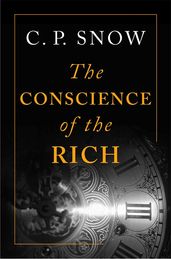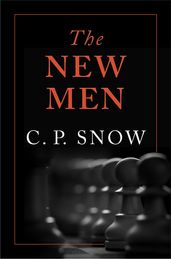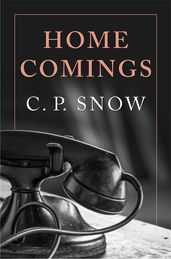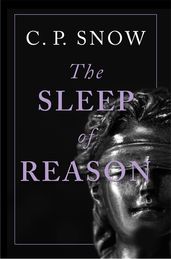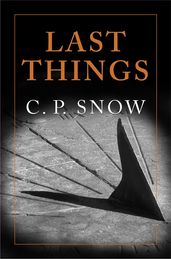Synopsis
Winner of 1954 James Tait Black Memorial Prize for Fiction.
As the Second World War draws to a close, Lewis Eliot becomes entangled in the ethics and practicalities of nuclear warfare, in the sixth novel of C. P. Snow’s Strangers and Brothers sequence.
His scientist brother, Martin, and brilliant Cambridge fellow, Walter Luke, are researching atomic fission and trying to develop a war-winning bomb. Around them civil servants are jostling for position, ageing politicians are trying to stay relevant, and the military are pressuring for results. And all the time they must wrestle with reconciling the advancement of science with the creation of a weapon they hope will never be used.
A quiet portrait of ordinary, fallible human beings caught up in the most terrifying research of all time, The New Men is told with a simplicity and measure and lack of sensationalism that singles Snow out from his contemporaries.
A meticulous study of the public issues and private problems of post-war Britain, C. P. Snow’s Strangers and Brothers sequence is a towering achievement that stands alongside Anthony Powell’s A Dance to the Music of Time as one of the great romans-fleuves of the twentieth century.
Praise for the Strangers and Brothers sequence
“Together, the sequence presents a vivid portrait of British academic, political and public life. Snow was that rare thing, a scientist and novelist.” Jeffrey Archer, Guardian
“Balzacian masterpieces of the age” Philip Hensher, Telegraph
“Through [the Strangers and Brothers sequence] as in no other work in our time we have explored the inner life of the new classless class that is the 20th century Establishment” New York Times
“A very considerable achievement … It brings into the novel themes and locales never seen before (except perhaps in Trollope).” Anthony Burgess
Details
Reviews
This was the way scientists thought and behaved, this was the politicians's reaction, or so C. P. Snow persuades us


